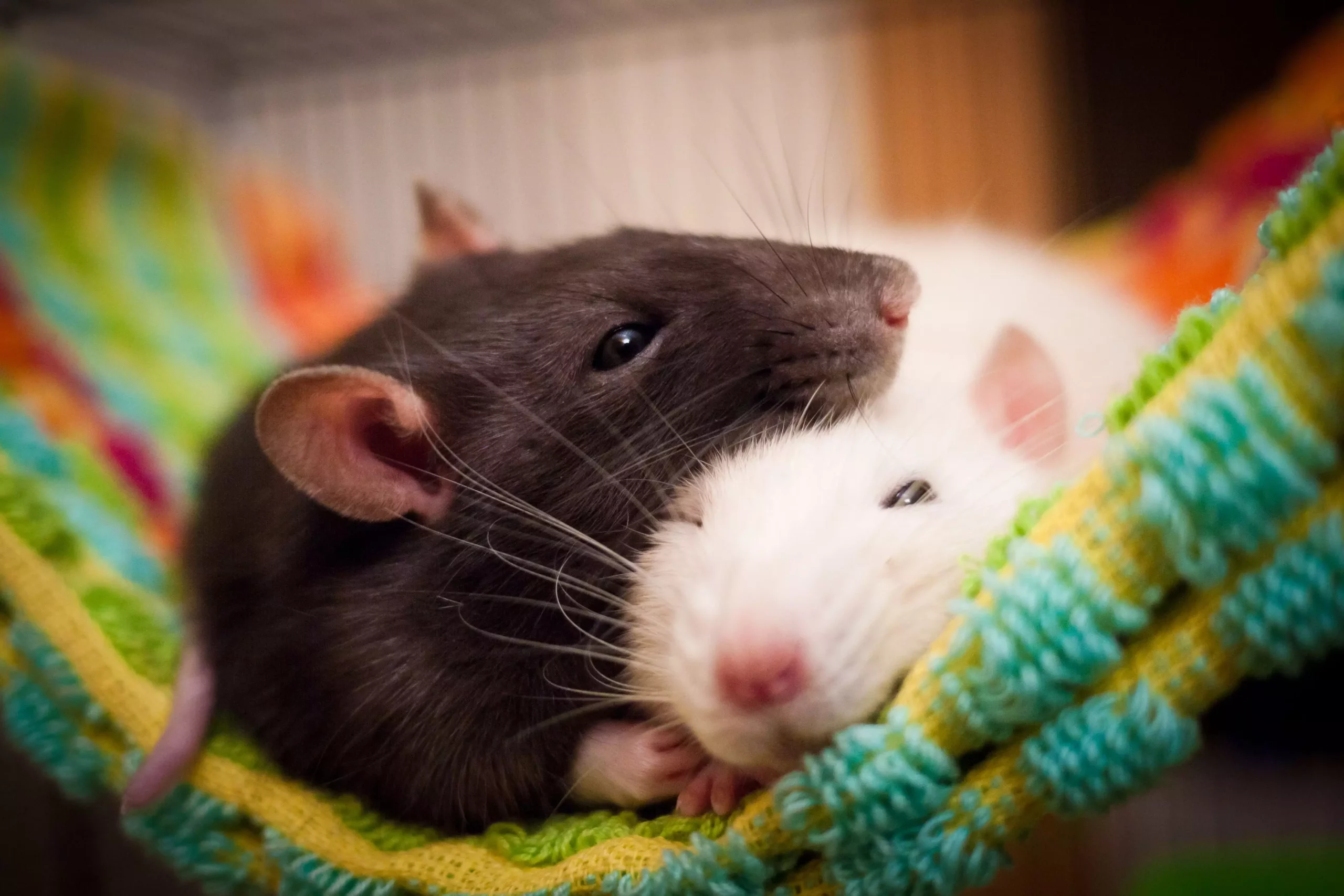Rats often evoke a mix of fear and disdain due to their association with filth and disease. However, these fascinating creatures have a much softer side deserving of recognition, particularly when they are raised as pets. Pet rats can be intelligent, playful, and affectionate companions, challenging the notion that they are mere pests. In this guide, we will delve into the unique qualities of pet rats, their care requirements, and why they might be the perfect addition to one’s household.
When considering a new pet, many people envision more traditional options like dogs or cats. However, rats offer a range of traits that can make them excellent companions. Often overlooked, pet rats—specifically the domesticated variety of Norway rats (Rattus norvegicus)—are known for their high intelligence and social nature. These animals thrive on interaction, and keeping them in pairs or small groups significantly enhances their well-being. Unlike the solitary lifestyle of many small animals, rats enjoy the company of their own kind, making them engaging creatures to observe and interact with.
On average, pet rats live between 18 to 36 months, which, although brief in the grand scope of pet ownership, allows for the development of strong bonds in that short timeframe. Notably, rats exhibit remarkable curiosity and often explore their environment much like dogs. Their playful nature lends itself to various activities, much to the delight of their owners.
Proper care begins with the right habitat. A multi-level wire cage is ideal for pet rats, providing ample space to climb and explore—requirements that are crucial for their mental and physical health. A minimum cage size of 2x2x2 feet for a pair of rats ensures they have enough room to play, sleep, and exercise. The choice of substrate is also significant; options like aspen bedding offer a safe and comfortable environment for them to nest in.
It’s essential to stock the cage with various toys and activities to keep rats stimulated. Pet rats are notorious for their need for mental engagement, and without appropriate stimulation, they can become bored and even exhibit destructive behaviors. Thus, providing tunnels, chew toys, and climbing structures can help keep their environment dynamic and engaging.
Rats are inherently social animals and are happiest when they are not alone. Their social hierarchy can be fascinating to observe, with play and grooming being common behaviors among bonded pairs or groups. Male rats, often referred to as bucks, tend to be lazier and larger than their female counterparts, or does, who are usually more active and playful. This difference adds variety to interactions based on gender, enhancing the experience of pet ownership.
Additionally, socialization plays a vital role in the happiness and comfort of pet rats. By beginning the taming process at a young age and handling them gently, owners can foster trusting relationships with their pets, leading to affectionate and interactive companions. Conversely, under-socialized rats might display skittish behaviors, and owners should be patient as they work to build trust.
Just like any other pet, health is a major consideration when bringing home a rat. It’s crucial to choose healthy rats by observing their physical condition. Healthy rats should have clean fur, a firm body, and clear eyes. Signs of illness can manifest in various ways, including changes in grooming habits or energy levels. Additionally, potential owners need to be aware of diseases that can affect rats and ensure proper hygiene and care.
When acquiring a pet rat, it’s advisable to go to reputable sources, whether they be accredited breeders, responsible pet stores, or rescue organizations. A good breeder can provide information about the rat’s lineage and socialization history, which are vital for ensuring a well-adjusted pet. Moreover, adopting from shelters can save a life while providing companionship, although one should be prepared to offer extra time and care to help a shy or previously neglected rat regain confidence.
Ultimately, owning a pet rat can be an incredibly rewarding experience. They are not merely low-maintenance companions; they are active, social beings who provide joy and engagement in their owner’s life. Their distinct personalities and intelligence often surprise those who take the time to understand them. With attention, care, and love, pet rats can become cherished family members capable of both bonding with their human counterpart and enriching the household dynamics.
By embracing the unique traits and needs of pet rats, potential owners may find themselves not just with cute pets, but with intelligent partners in life that challenge and stimulate their existence, much like a dog or cat would—but with a quirky twist only a rat can provide.

